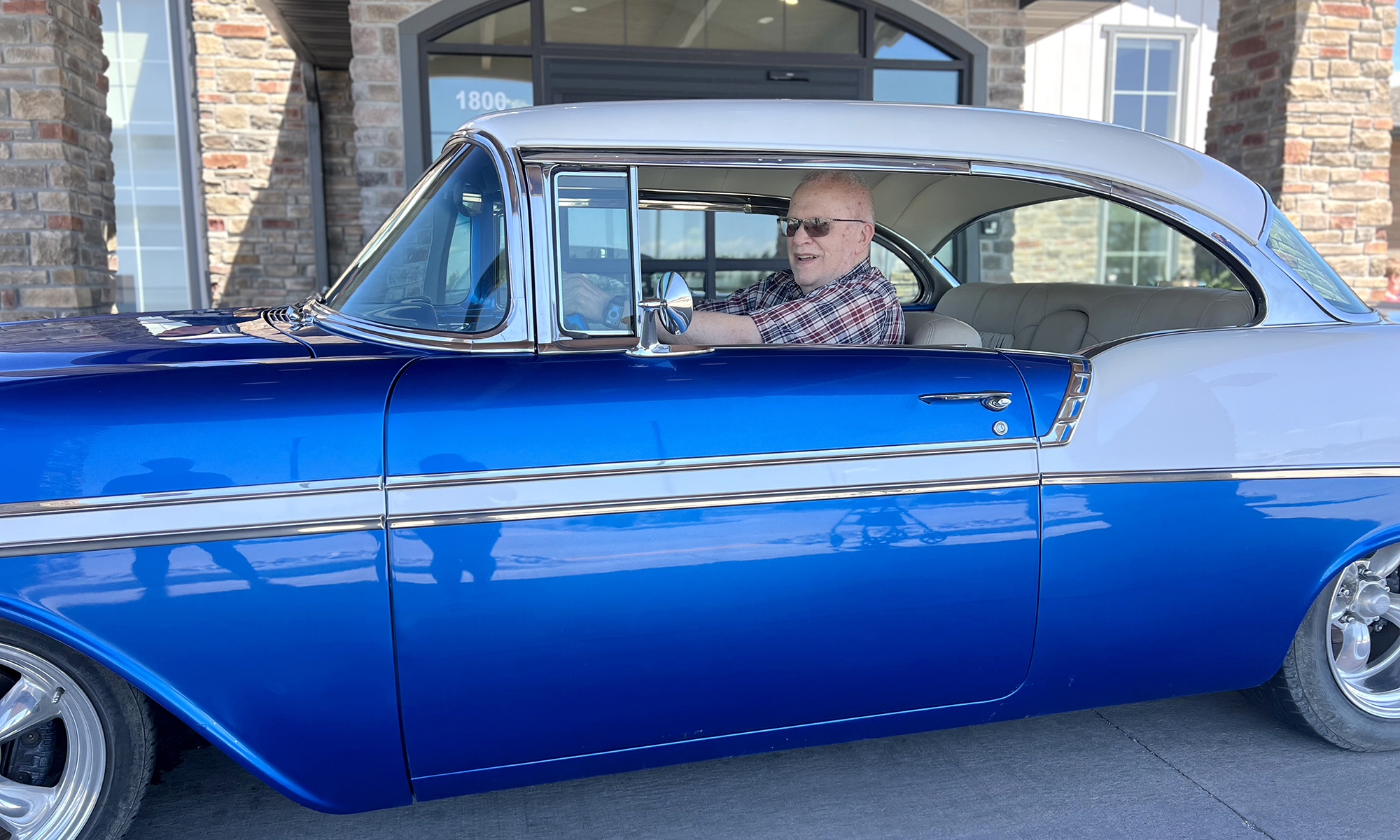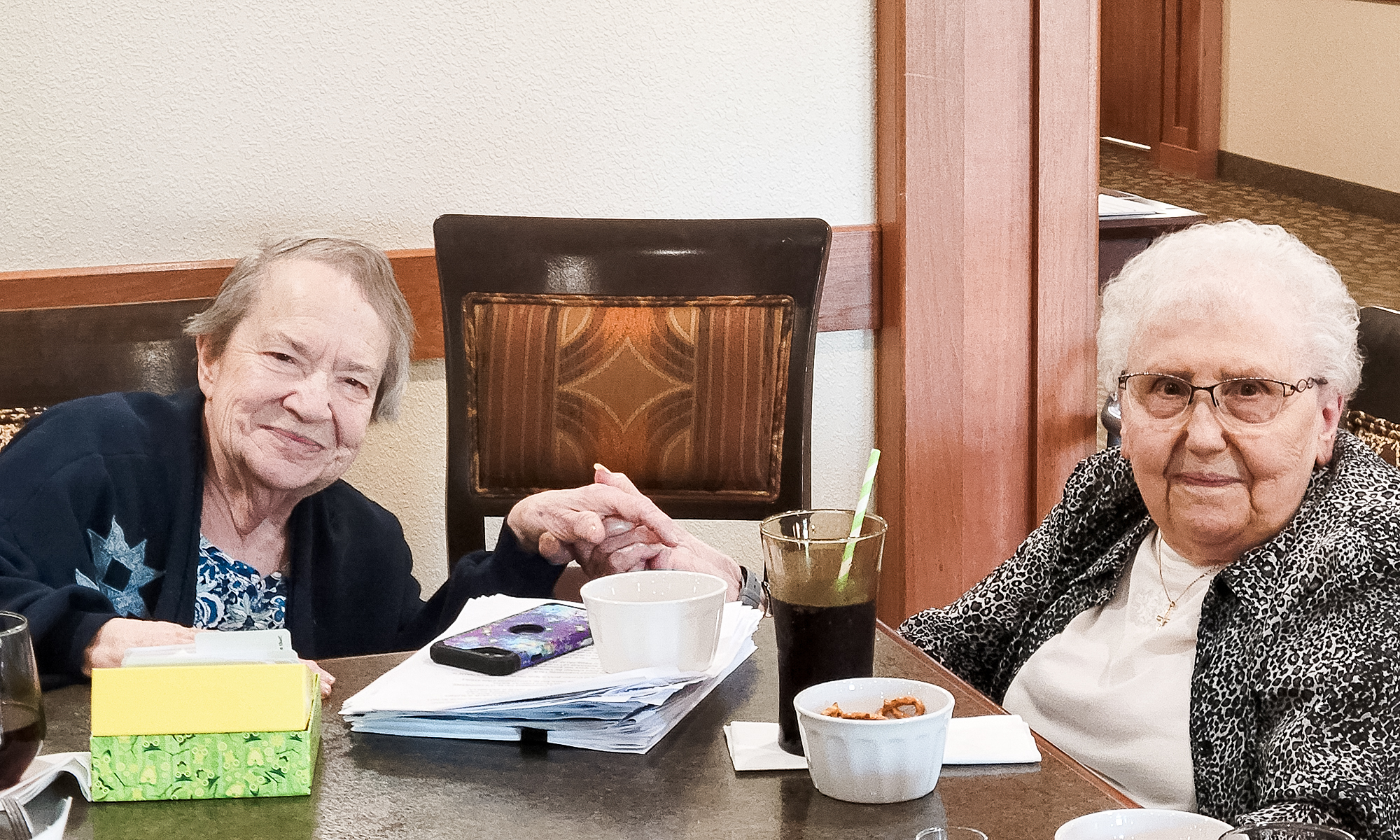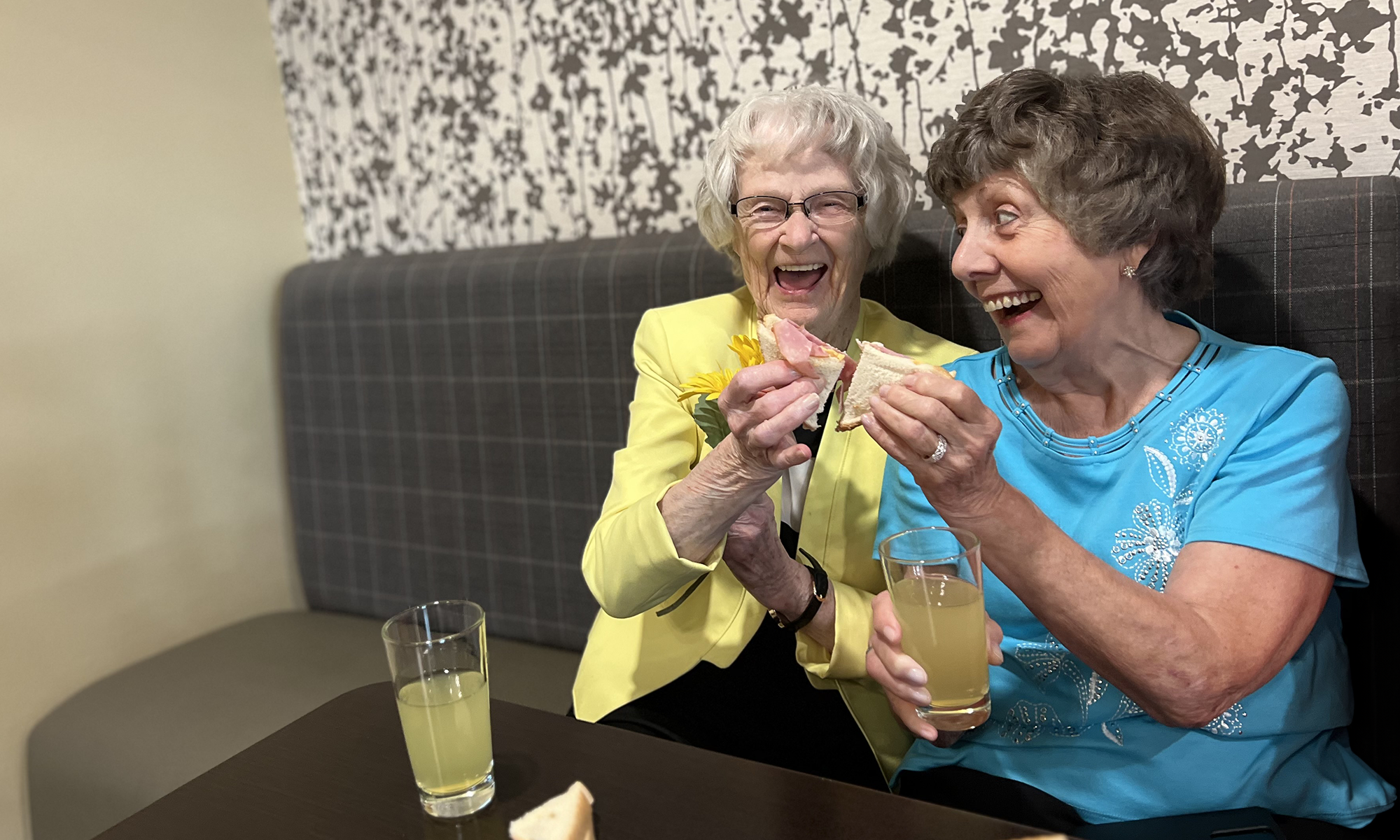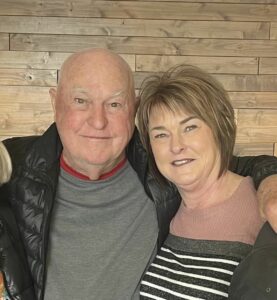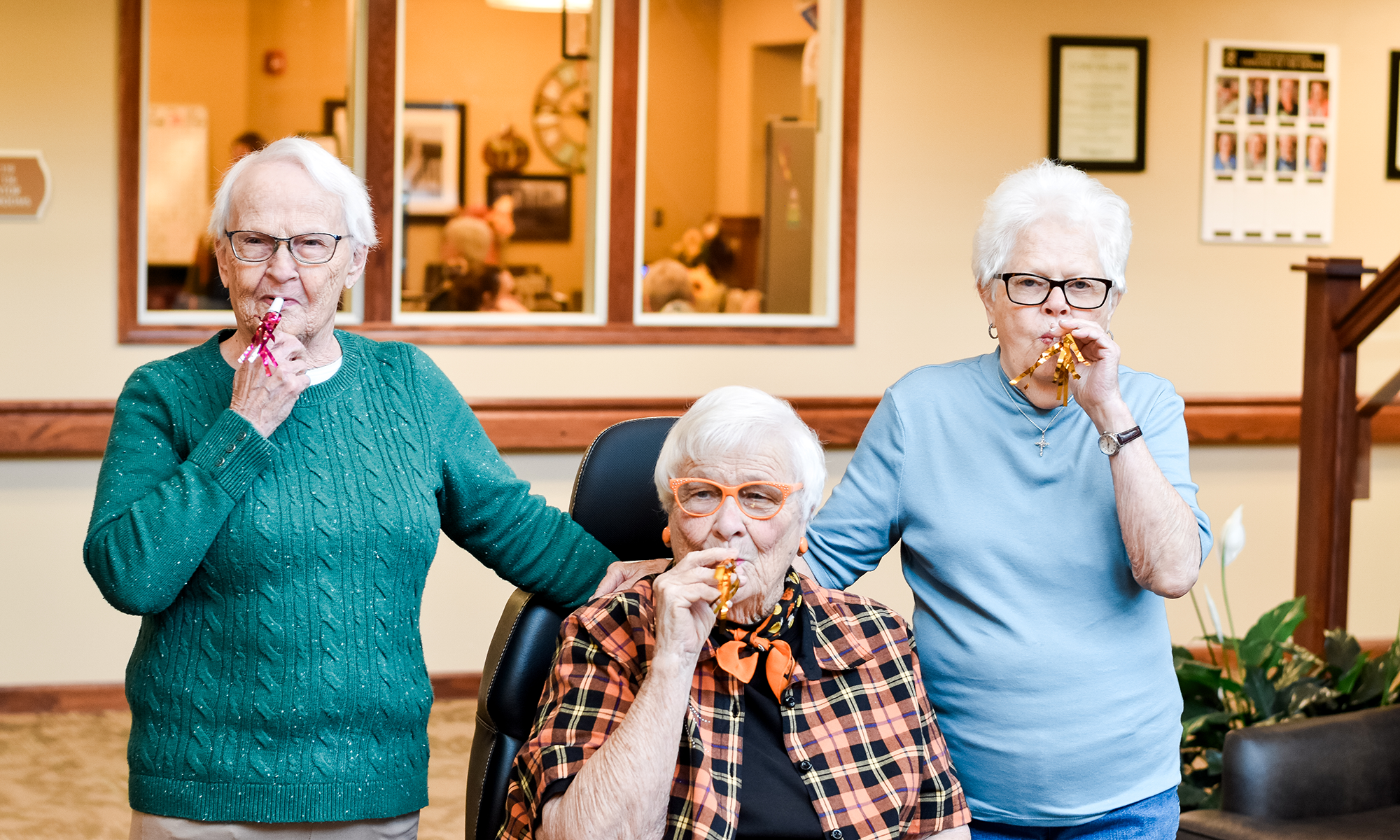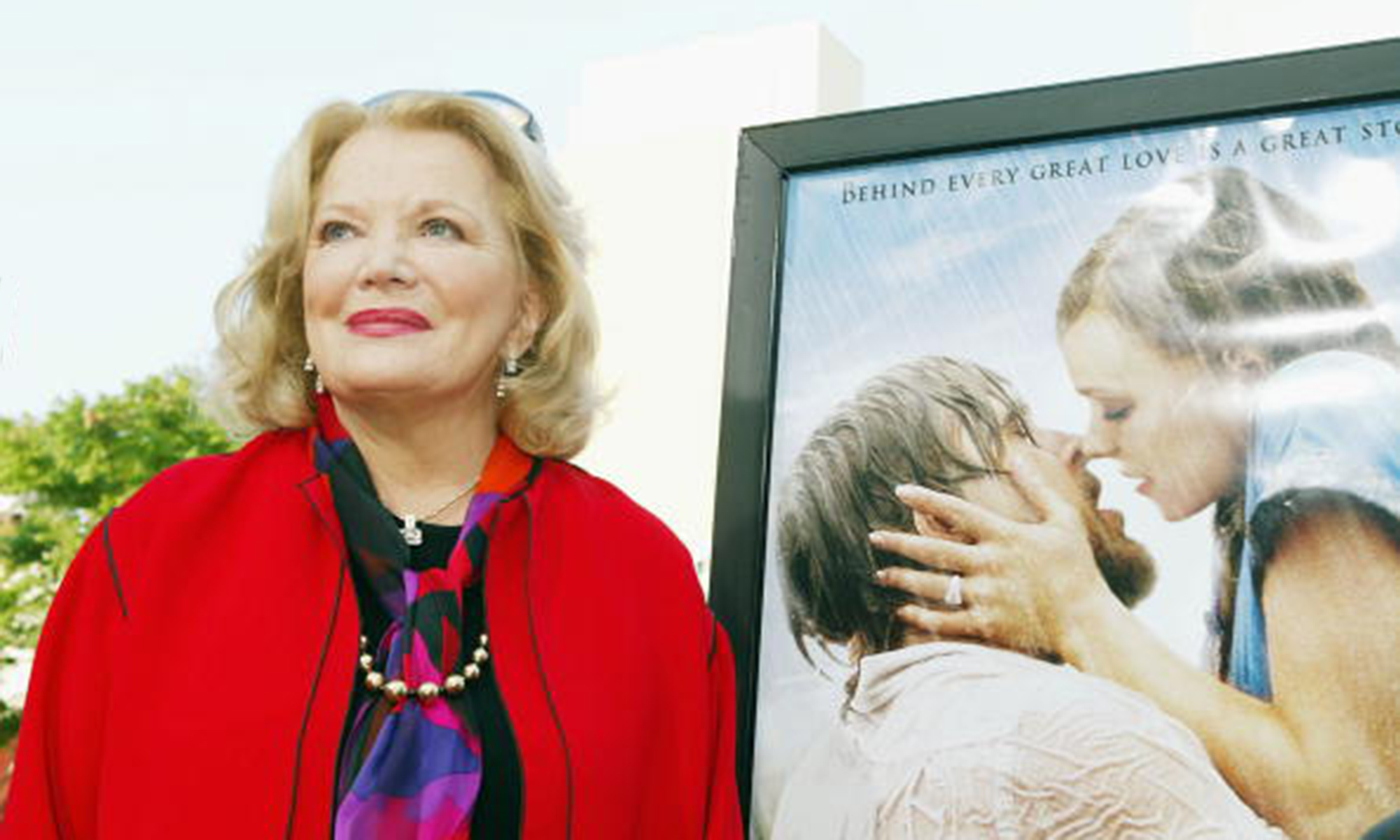
Romance on the big screen may not always have the predictable fairytale ending that one might expect. If you haven’t already watched the movie or read the book, you may want to check out, The Notebook, before you continue reading!
After 20 years, The Notebook has regained major media buzz. One of the key performers in the movie, actress Gena Rowlands, recently passed away at the age of 94.
Rowlands’ character, “Allie,” suffers from Alzheimer’s disease in the story. Sadly, sources report that Rowlands had Alzheimer’s disease before her death, and her mother also suffered from it.
Nick Cassavetes, Rowlands’ son, directed the film. In June 2024, Cassavetes reported to Entertainment Weekly, “I got my mom to play older Allie, and we spent a lot of time talking about Alzheimer’s and wanting to be authentic with it, and now, for the last five years, she’s had Alzheimer’s. She’s in full dementia. And it’s so crazy — we lived it, she acted it, and now it’s on us.”
Twenty years prior, in a 2004 interview with O Magazine, Rowlands explained that her mother’s experience with the disease nearly prevented her from taking the role of Allie: “I’ve acted in a number of projects that Nick has directed. This last one—The Notebook, based on the novel by Nicholas Sparks—was particularly hard because I play a character who has Alzheimer’s. I went through that with my mother, and if Nick hadn’t directed the film, I don’t think I would have gone for it—it’s just too hard. It was a tough but wonderful movie.”
While the film’s captivating love story immediately grabs most people’s attention, it also focuses on the complexities of Alzheimer’s disease. Alzheimer’s can be an extremely heartbreaking journey.
The actors did an incredible job highlighting what Alzheimer’s symptoms can look like and what families may face. Each person with the disease is different, and their symptoms will vary.
Alzheimer’s disease is the most common form of dementia. Currently, more than 55 million people have a form of dementia, according to the WHO. Other dementias include Parkinson’s disease, Lewy body dementia, and vascular dementia.
According to the Alzheimer’s Association, the key symptom that differentiates Alzheimer’s disease from other forms of dementia is the inability to retain new information because it directly affects the part of the brain that controls learning. Forgetting names or appointments but remembering them later can be part of a typical age-related change, but Alzheimer’s disease causes progressive memory loss that disrupts daily life.
Other symptoms of Alzheimer’s disease include:
- Apathy
- Depression
- Impaired judgment
- Disorientation
- Confusion
- Behavioral changes
- Difficulty speaking or swallowing
Although Alzheimer’s is an incredibly sad and difficult disease, there is support available to offer hope. A range of services are available, from in-home caregivers and technology to adult day services and short—or long-term stays in memory care settings. Using a combination of care options can help divide the caregiving needs to help families and those experiencing Alzheimer’s disease maintain their health and safety.
If you’d like more resources on Alzheimer’s disease, check out the Alzheimer’s Association’s webpage: https://www.alz.org. Contact us at info@edgewoodhealthcare.com to learn how Edgewood Healthcare can offer peace of mind to families and those with Alzheimer’s.

